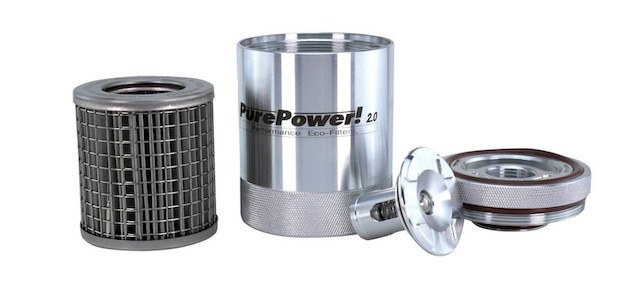Keeping your car in top shape requires regular maintenance, and oil changes are one of the most essential tasks. Skipping or delaying oil changes can lead to serious engine damage that’s costly to repair. While oil change costs can add up over time, there are smart ways to reduce these expenses without compromising your vehicle's performance. Here are some practical tips to help you save money on oil changes: Many auto shops, dealerships, and oil change centers offer special promotions from time to time. These can include discounted oil changes, free tire rotations, or even complimentary inspections. You can find these deals by checking online coupon sites like Groupon, following local shops on social media, or signing up for their email newsletters. It’s also a good idea to call around and compare prices. Sometimes, independent shops or dedicated oil change services offer better rates than dealerships. However, be sure to do your research and read reviews before choosing a service provider to ensure quality work and reliability. If you're handy and have some free time, doing an oil change yourself can save you both time and money. The process is straightforward, but it does require a few basic tools and supplies, such as new motor oil, an oil filter, a wrench, and an oil drain pan. Proper disposal of used oil is crucial. Never pour it down the drain, onto the ground, or into a septic system. Instead, take it to a local recycling center or a store that sells motor oil. Many places are legally required to accept used oil for recycling, so this is an easy and environmentally friendly option. Reusable oil filters are a smart long-term investment. Although they cost more upfront, they last much longer than disposable ones, reducing the frequency of replacements and saving you money over time. Plus, they’re better for the environment since they cut down on waste. One popular brand is PurePower!—known for its durable, high-quality reusable oil filters. If you're looking for a reliable and eco-friendly option, consider upgrading to a lifetime reusable oil filter. Synthetic oil may be pricier than conventional oil, but it offers superior protection and performance. It lasts longer, which means fewer oil changes, and it helps keep your engine cleaner by reducing sludge buildup. This can lead to fewer repairs and a longer-lasting engine. While synthetic oil may cost more upfront, the long-term benefits make it a worthwhile investment for many drivers. If you want to maximize your car’s performance and longevity, consider switching to synthetic oil. MG Type High Line Exit Sliding Guide Mg Type High Line Exit Sliding Guide,High Line Exit Sliding Guide,High-Line Export Guide Series,High Line Sliding Exit Guide JINGJIANG EASTSUN METALLURGICAL MECHANICS CO.,LTD , https://www.jesguide.com1. Look for Oil Change Deals

2. Do It Yourself

3. Invest in a Reusable Oil Filter

4. Choose Synthetic Oil
